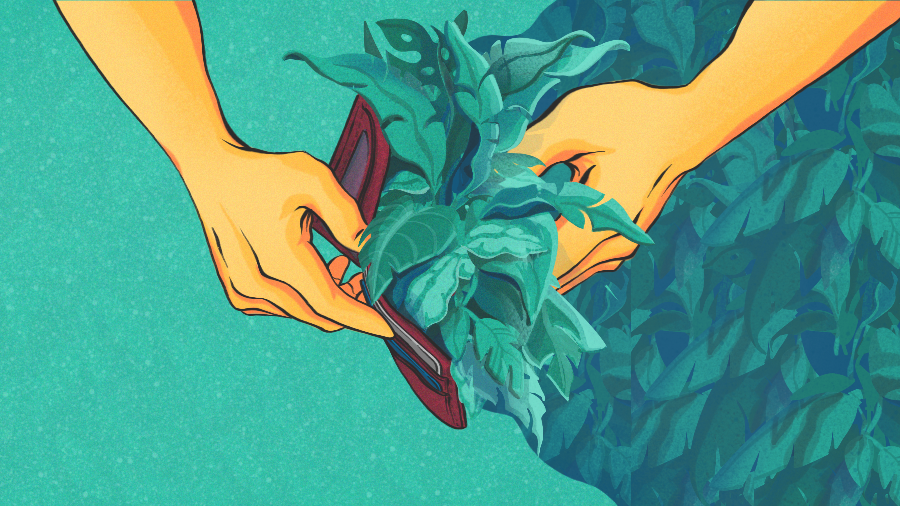Indoor farming startup Soli Organic has raised $125 million in Series D fundraising. The round was led by CDPQ with additional investment from Movendo Capital, bringing total funding to $487.5 million, according to Crunchbase data.
Soli is an indoor farming startup selling greens and herbs. Unlike most indoor farming companies that leverage hydroponics and vertical farming technology, Soli uses soil and its precision fertilizer (what the company calls its secret sauce) to grow a variety of plants indoors that have a better chance of an abundant yield.
Search less. Close more.
Grow your revenue with all-in-one prospecting solutions powered by the leader in private-company data.
The company started off as Shenandoah Growers in 1989, long before the startup sector embraced agriculture technology. Driven by the goal of lowering the cost of organic goods, Soli is one of several startups in the controlled environment agriculture business, known as CEA, which constructs a delicate environment of lighting, water and temperature to help plants grow.
The funding will go towards building out a handful of indoor farms, the most recent of which is in Marysville, Washington. The 130,000-square-foot farm is one of what will be 15 locations across the country growing herbs and leafy greens and scaling up production.
“We end up breaking the paradigm. In indoor environments, it’s cheaper to grow organically in soil than it is hydroponically,” said Matt Ryan, CEO of Soli Organic. “Out there in the field, it takes a lot more land because you have to use manure. There’s no such thing as precision organic fertilizer so you have a lot more waste.”
The best of both worlds
We wrote about New York-based Gotham Greens and their $310 million raise in September, which was the second largest raise in the space so far this year. Urban farming startups like Gotham continue to see favorable growth—Between 2020 and 2021, funding spiked nearly 92% into the billions of dollars for the first time. Though the space has only seen around $964 million, it’s a large jump from previous years.
But urban farming is a small slice of the $6 trillion AgTech sector, which is leveraging technology to manage acres of crops and thousands of animals in rural-ish areas through a slew of supply chain- and climate change-related issues.
Traditional farming requires maintaining acres of land, bracing for unpredictable weather and climate issues, and grappling with the rising cost of labor and logistics to transport produce. On the other hand, some plants just don’t grow well in a hydroponics-only environment, which is why most of them are only able to grow baby greens and basil.
Soli sits somewhere in the middle. Using precision fertilizer, controlled environments and soil, it’s allowed to grow virtually anything (barring banana trees or anything with too large of a footprint) without much unpredictability and can lower the cost of organic produce.
“Essentially anything that is compact enough to grow in a greenhouse is fair game for us. And that opens up a lot of crops moving forward,” said Ryan. “Where we are with our plants across the next couple of years, we are going to grow most major herbs indoors.”
Illustration: Dom Guzman

Stay up to date with recent funding rounds, acquisitions, and more with the Crunchbase Daily.



![Illustration of pandemic pet pampering. [Dom Guzman]](https://news.crunchbase.com/wp-content/uploads/2021/03/Pets-2-300x168.jpg)



67.1K Followers